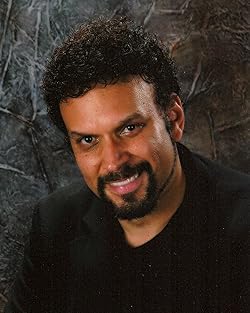I’m unfamiliar with Neal Shusterman’s other novels and his work on television shows like Animorphs and Goosebumps, but simply based on what I enjoyed about Scythe (2016) and considering that it was nominated for the Printz Award in 2017, I feel confident in saying that he knows how to write for his audience while throwing in some interesting curveballs that keep this novel, the first in a dystopian YA trilogy, from feeling like a rubber-stamp duplication of every mediocre example of that genre.
Scythe sets up a future world in which humanity no longer fears aging, disease, famine, or war — we have eliminated our worst foes and national boundaries, and now, basic needs are met by a powerful global A.I. known as Thunderhead. (Modern cloud storage turned up to 11, basically.) Thunderhead governs and watches over nearly every aspect of a person’s daily life, and those lives might last as long as two hundred years, thanks to regeneration clinics and incredible advances in medicine. The only area Thunderhead can’t intervene in is death itself, nor can Thunderhead govern the organization known as Scythes, which must kill a certain number of people each year in order to keep the global population under manageable control. Scythes are supposed to be impartial judges of a person’s behavior and contributions to society, and have many restrictions on who they are allowed to kill or take on as an apprentice. They are alternately feared, reviled, ostracized, and worshipped. Naturally, this level of power is ripe for misuse; but neither do all Scythes fit the idealized vision of a stoic, grim reaper of souls.

I also appreciated how much Scythe feels like it takes place in a larger, living world; Citra’s travels take her outside the boundaries of what readers will recognize as the former United States, and while it’s obvious that the world has changed since the advent of Thunderhead, other former-countries and cultures still retain their individuality beyond Americanized hegemony. It was refreshing to see locations other than the U.S., mainly because American YA dystopia tends to focus on this country either becoming a dumpster fire or a paradise, without exploring what the rest of the world might be up to while we’re either killing and eating one another or holding hands and making flower crowns. Shusterman doesn’t treat the U.S. like an island, and this novel is all the better for it.
There were certainly elements of Scythe that were predictable, but there were far more that weren’t; for example, I didn’t see the ending coming from a mile away, and I can think of several character developments and plot twists that genuinely surprised me. I’m very much looking forward to continuing with Thunderhead, the second book in the ARC OF A SCYTHE trilogy, to see where these characters go and what will happen next to them.




What an interesting read! This sounds like it could be in dialogue with the Claire North book I just read, AT THE END OF THE DAY, which follows the Harbinger of Death on his various assignments. It’s fantasy and not YA, but has a lot to say about death and the consequences.
I think there could be an interesting dialogue between this book and that. :)
I loved this book and I look forward to starting Thunderhead. I am often disappointed with the way authors end books but Shusterman nailed it. Great closure and lead-in to the next book.